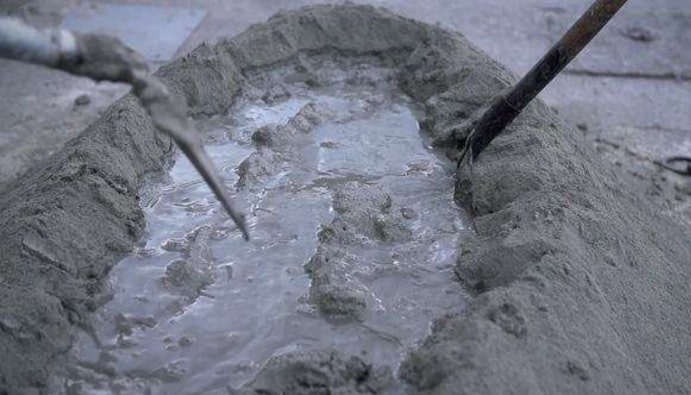
BLOG
KATEGORİDEKİ DİĞER YAZILAR

Concrete mixing water used in concrete production to ensure workability and hydration is a very important factor. Especially the amount of concrete mixing water should be 25% of its weight. The more water used in the amount of concrete water more than 25%, the more voids it causes in concrete. The strength, durability and overall performance of concrete is highly dependent on the properties of the water used. Concrete mixed water analysis enables the analysis of possible water sources that may affect the engineering properties of concrete and the final structural performance.
Concrete Mixed Water should be tested at regular intervals in accredited laboratories. The purposes of use of Concrete Mixing Water can be listed as follows:
The analyzes performed on Concrete Mixing Water within the scope of the relevant standards are as follows.
Concrete mixed water analysis aims to prevent negative factors affecting the mechanical and chemical resistance of concrete by determining the chemical composition, purity and mineral content of the water used in the mixture of concrete. In the concrete mix, water reacts with cement and initiates the hydration reaction, and for this reaction to be completed sufficiently, the water must have the appropriate chemical properties. Otherwise, the quality of the concrete may decrease and problems such as cracking and low strength may be encountered in the early stages.
Nanolab Laboratories Group continues to provide services within the scope of Concrete Mixing Water Analysis. We also provide services in Environmental Analysis.
Contact us for more information.
You can follow us on LinkedIn for up-to-date news and shares about our services.
Follow our Instagram account to be informed about our latest blog posts.